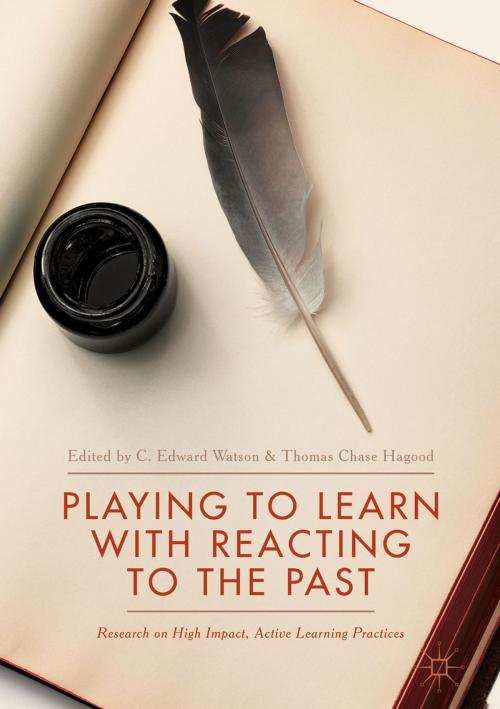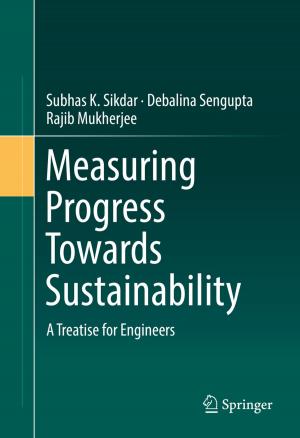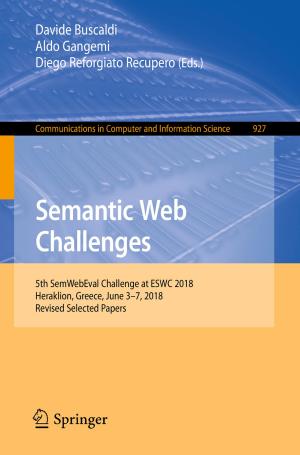Playing to Learn with Reacting to the Past
Research on High Impact, Active Learning Practices
Nonfiction, Reference & Language, Education & Teaching, Educational Theory, Curricula, Teaching, Teaching Methods| Author: | ISBN: | 9783319617473 | |
| Publisher: | Springer International Publishing | Publication: | October 3, 2017 |
| Imprint: | Palgrave Macmillan | Language: | English |
| Author: | |
| ISBN: | 9783319617473 |
| Publisher: | Springer International Publishing |
| Publication: | October 3, 2017 |
| Imprint: | Palgrave Macmillan |
| Language: | English |
This book provides classroom practice and research studies that verify Reacting to the Past (RTTP)—a student-centered, active learning pedagogy that provides college students and faculty unique teaching and learning opportunities—as a high impact practice for student learning and engagement. The overarching objective of this book is to collect practices and evidence from multiple disciplines and institution types regarding the efficacy of RTTP in higher education classroom settings. At its core, RTTP is a game-based pedagogy with published games on some of the most conflicted moments of human history. While RTTP is deeply grounded in theory and literature that suggests its approaches can be impactful, deep and broad examinations of RTTP pedagogies in a range of course settings have not been extensively performed until now. This book provides guidance and an evidence-base on which to build RTTP practices.
This book provides classroom practice and research studies that verify Reacting to the Past (RTTP)—a student-centered, active learning pedagogy that provides college students and faculty unique teaching and learning opportunities—as a high impact practice for student learning and engagement. The overarching objective of this book is to collect practices and evidence from multiple disciplines and institution types regarding the efficacy of RTTP in higher education classroom settings. At its core, RTTP is a game-based pedagogy with published games on some of the most conflicted moments of human history. While RTTP is deeply grounded in theory and literature that suggests its approaches can be impactful, deep and broad examinations of RTTP pedagogies in a range of course settings have not been extensively performed until now. This book provides guidance and an evidence-base on which to build RTTP practices.















